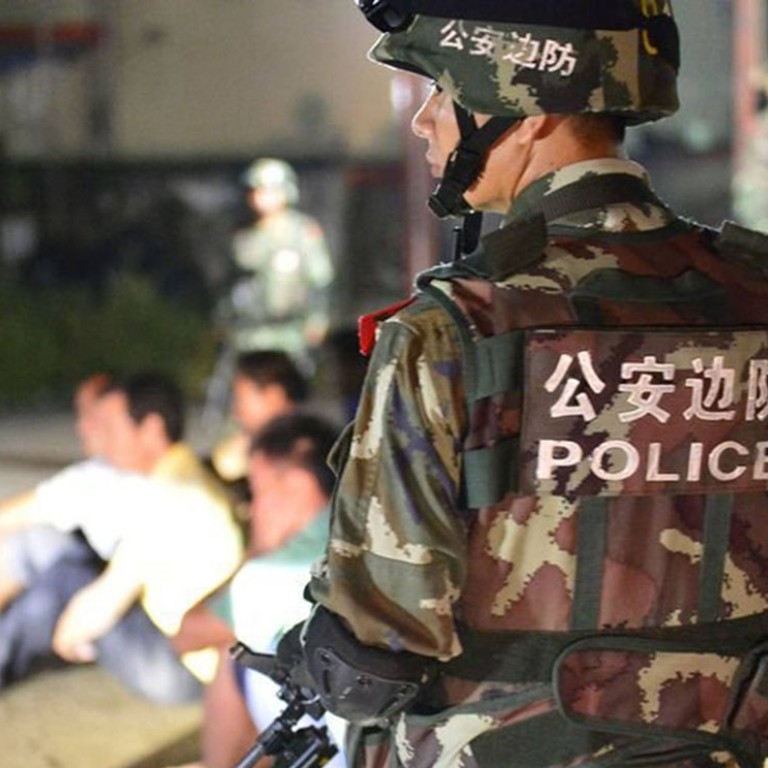
Hong Kong launches new anti-drugs measures after announced Beijing crackdown
New measures against synthetic narcotics, task force on smuggling come in wake of Beijing’s announcement of intensified crackdown
Hong Kong has signalled its intention to get on board Beijing's recently announced nationwide drug crackdown with a host of new measures, including a ban on designer drug methoxetamine and the setting up of an anti-smuggling task force to boost cooperation with overseas law enforcers.

Home to China's largest number of drug addicts, the southern province has been singled out by officials as a prime target in the mainland's battle against illicit drugs.
On Friday, Shenzhen authorities announced the seizure of 4.2 tonnes of narcotics and the arrests of nearly 5,000 people, a number of whom were involved in a drug-trafficking operation to Australia via Hong Kong.
Two weeks earlier, police incinerated a staggering 400 tonnes of meth ingredients in Lufeng - the city that includes the infamous "meth village" Boshe raided last December and a traditional heartland of Hong Kong's largest triad, the Sun Yee On.
The Hong Kong connection cannot be understated - advanced logistics infrastructure and proximity to meth-manufacturing labs in Guangdong make this city an important transit point for criminal syndicates in transporting the highly addictive stimulant around the globe.
A report in published by the US Central Intelligence Agency highlighted challenges faced by Hong Kong "in controlling transit of heroin and methamphetamine to regional and world markets".
Local officials have repeatedly denied that Hong Kong has become a transit point for drug smugglers.
However, after a spike in the number of seizures of pseudoephedrine - a precursor chemical used to make crystal meth - the Customs and Excise Department set up a special anti-smuggling task force this year.
The dedicated team was created "to strengthen external liaison and intelligence exchange with the mainland and overseas enforcement agencies on anti-narcotics enforcement to curb the inflow of drugs to Hong Kong or other destinations via Hong Kong", the department said.
Customs commissioner Clement Cheung Wan-ching met his counterparts in Australia and New Zealand last week to discuss enforcement strategies on one of the most lucrative and popular routes for drug traffickers.
According to official figures, the city seized 245kg of meth in the first eight months of this year - a 163 per cent increase on the total amount uncovered in 2010 and 73 per cent more than that found last year.
In August, customs revealed a 300 per cent jump in the amount of meth intercepted at the Lo Wu border crossing.
Complementing the crackdown, the government last week banned the unlicensed manufacture, transport and storage of alpha-phenylacetoacetonitrile, a meth precursor more commonly known as APAAN.
It also announced a ban on methoxetamine, a designer drug similar to ketamine but with greater potency and longer-lasting effects.
The Security Bureau said these latest developments would "help to fortify Hong Kong's defence line in the fight against drugs".
